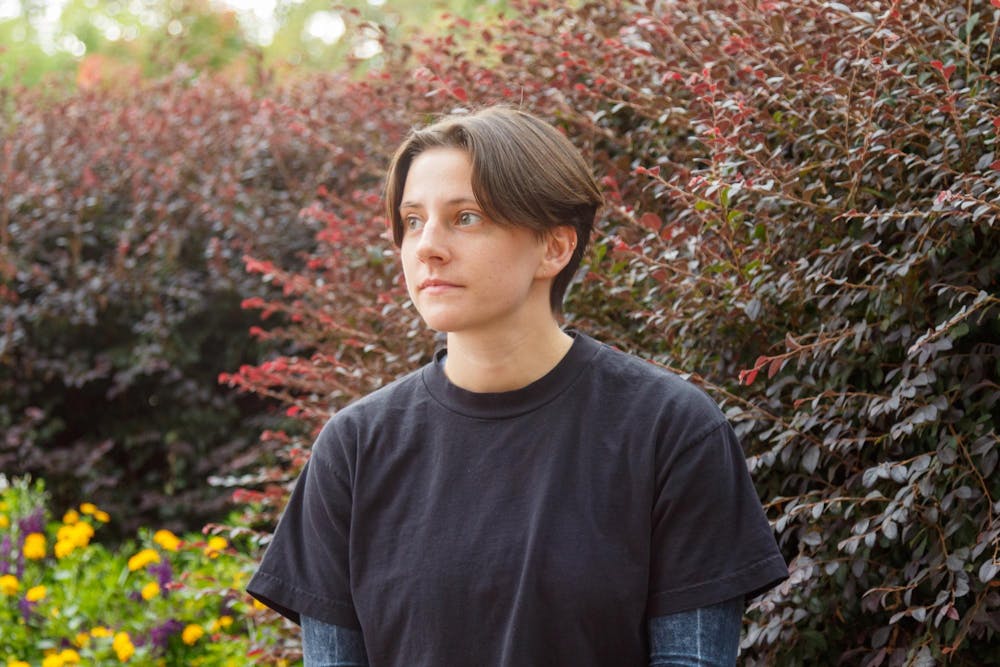Juliana Bird doesn't think the state should have the power the kill someone.
“It's hypocritical, it doesn't make sense, it's not a productive way of healing,” they said. “And, of course, there's the side of the fact that we can never be sure that someone did what the state is accusing them of doing.”
Bird is the president of the Anti-Death Penalty Project — a student-led organization at UNC aiming to further the conversation surrounding the death penalty.
The group engages with anti-death penalty advocacy in a variety of ways. Their efforts include inviting guest speakers to campus, volunteering with local grass-roots organizations — such as the North Carolina Coalition for Alternatives to the Death Penalty — and engaging in pro bono work for organizations like the Center for Death Penalty Litigation.
This year, Bird said the ADPP will host a book drive for incarcerated individuals in partnership with the Prison Books Collective, along with starting a pen pal program in the spring that connects with individuals on death row.
The book drive is planned to start within the next couple of weeks. The ADPP will also collect donations at the UNC School of Law that will ultimately be delivered to incarcerated individuals throughout North Carolina and Alabama.
“Providing books to people who are incarcerated is important to our organization because it is something tangible that we can do to improve the lives of folks on the inside,” Bird said in an email statement.
Bird, who is from Massachusetts where there is no death penalty, said moving to North Carolina made them want to become involved in anti-death penalty advocacy. They said that in North Carolina, the death penalty is still a “very real part” of the lives of people who are incarcerated and their family members.
As it stands today, the death penalty remains a part of the legal framework in 27 of the 50 states.



